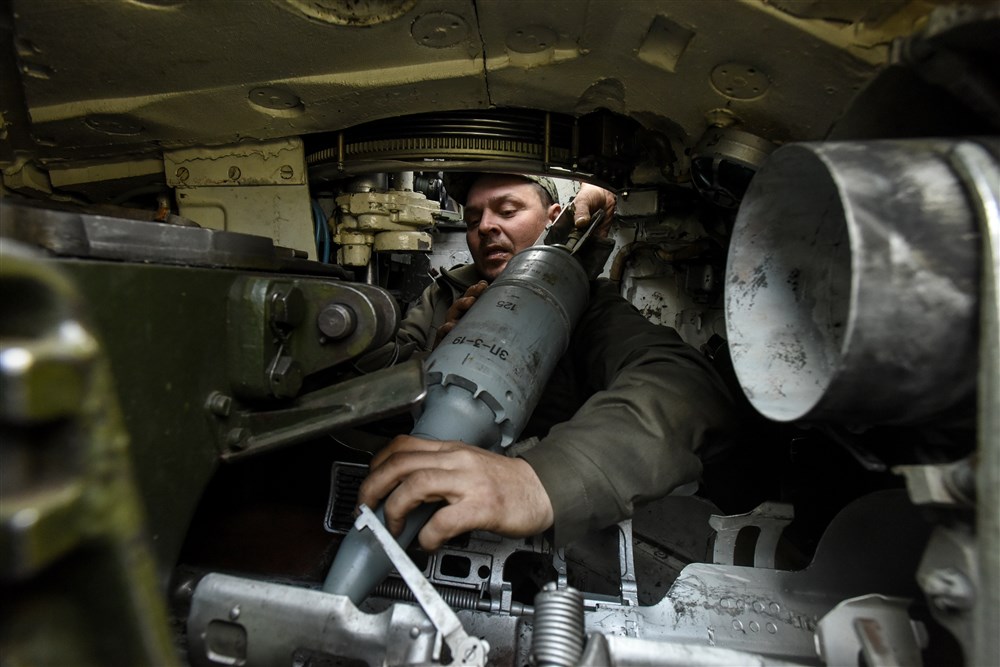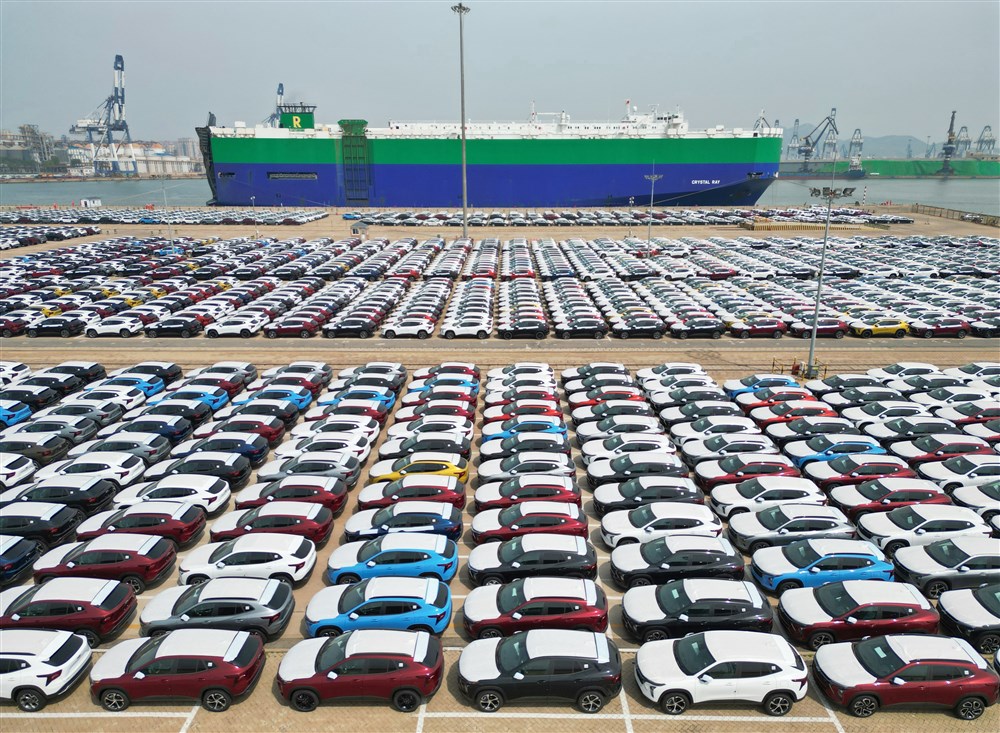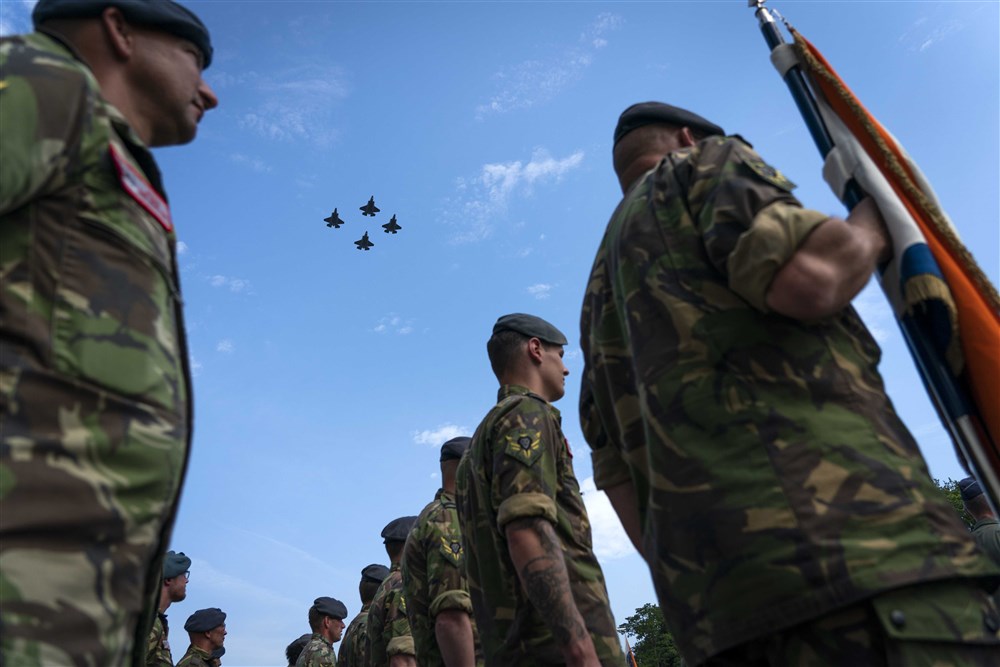A majority of those surveyed in India, China, and Turkey see Russia as a “partner” or an “ally”, according to the European Council on Foreign Relations.
While between 65 per cent and 75 per cent of Americans and Europeans see Russia as an “adversary” or a “rival”, impressions flip as you travel eastwards. As many as 79 per cent of Chinese people, 69 per cent of Turks and 80 per cent of Indians have a favourable impression of Russia, the Council figures show. These peoples – or at least, those surveyed – would prefer “a quick end to the war even if Ukraine has to concede territory”.
The poll was conducted in late December 2022 and early January 2023 in ten European countries (Denmark, Estonia, France, Germany, the UK, Italy, Poland, Portugal, Romania, and Spain), and in five countries outside Europe (China, India, Turkey, Russia, and the US). There were 19,765 respondents.
Despite United Nation support during votes on resolutions, the poll’s results highlight Europe’s struggle to convince the rest of the world that its position in Ukraine is morally right. “We are sometimes accused of only caring about the war in Ukraine because it is close to home, but not listening much to other regions about their own problems,” EU foreign affairs chief Josep Borrell told Politico. “Russia claims that we started this war,” Borrell is quoted as saying. This “brazen propaganda” posed a “serious danger if left unchecked”.
Commenting on the poll, an EC spokesperson said that “worries are different if you are living far away from the zone [of conflict]”, but for the EU the war in Ukraine was a “question of territorial sovereignty”.
Borrell said earlier this month that EU diplomats were battling a worldwide wave of “disinformation” – defined as “fabricated images, videos and websites posing as media outlets” – and probably produced by Russia and China. The problem had become so serious that there was a risk of “physical threats” against staff, it was reported. The EU is now drafting in “disinformation experts” though the response seems to have come a little late. The EU has until today been more concerned about its image at home – banning European access to Russian news outlets such as RT – than outside the bloc.
And while the majority of Europeans surveyed are steadfast in support of the Western narrative, it is not all plain sailing at home either. There are growing reports of anti-war sentiment in the EU. This week, Borrell criticised the “enormous naivety” of the Spanish left-wing party Podemos, which has been pushing for diplomatic negotiations and an end to weapons shipments to Ukraine. In Italy, anti-Ukraine comments by Silvio Berlusconi seem to be at risk of rupturing the ruling coalition, Euractiv reports.
Other EU countries seem unwilling or unable to shake off economic links with Russia. In Bulgaria, where implementation of the EU’s Russia sanctions has been less than enthusiastic, Russia has reportedly replaced Germany as the country’s largest importer. Two-way trade is mostly in oil and oil products.
Austria, meanwhile, has decided to let EU-sanctioned Russian diplomats attend the two-day assembly meeting of the Organisation for Security and Co-operation in Europe. Ukraine has announced a boycott in response, and the event has become so “hot” that journalists have now been banned. Austria’s anti-war party is polling strongly.
A European Commission-backed proposal to penalise those who do not report Russian assets fully has failed to gather the necessary support among national governments.
Sweden has stressed that it will conduct an independent inquiry into suspected Nordstream sabotage. There will be no political interference, Swedish authorities say, though there is at present no timeline for the inquiry’s findings. EUObserver has covered this story.





United but fragile: Europe and Ukraine